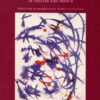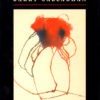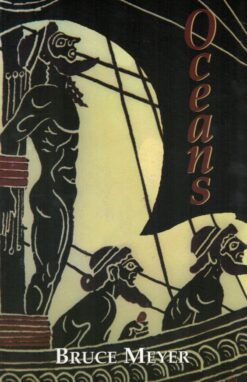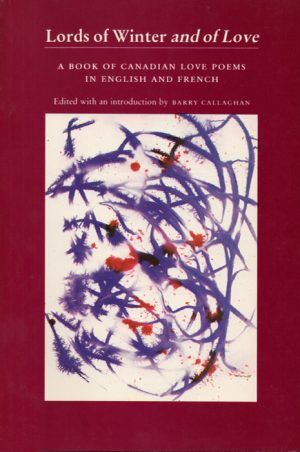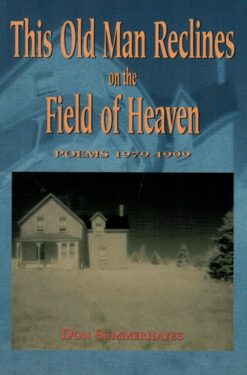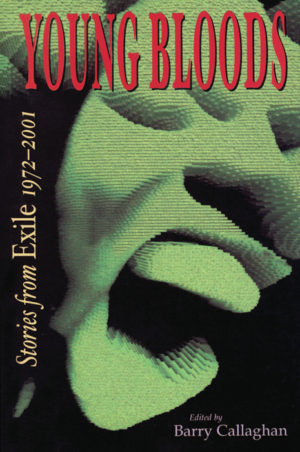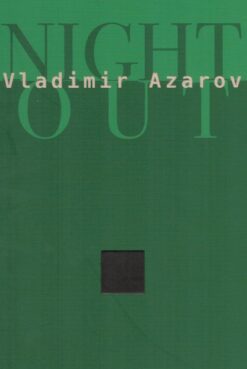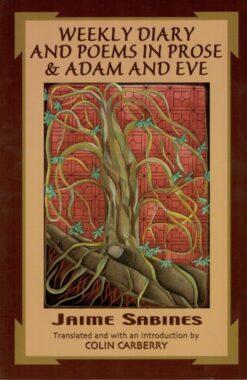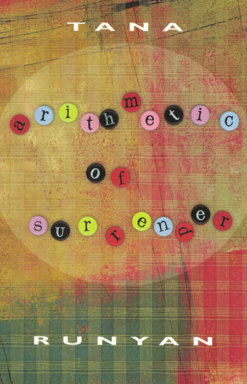OĀB: One + Two (Set of 2)
$375.00
OĀB is a set of two books, which are one of the most original post-modernist poetic “novels” in the world.
“Robert Zend has applied with great wit all the gestures of mime, the optical illusions of Escher’s logic, the play of concrete poetry, the psychology of paranoia and split personalities, and the closed literary circles of Borges to the creation of his extraordinary chronicle of a life collapsing into fullness, OAB.” —Barry Callaghan
“OAB is a piece of experimental writing to which I know nothing comparable in Canada. It looks at first glance like merely a game played with letters, and of course it does have that aspect. But it goes on to dramatize for the reader the whole process of verbal creation, in which any kind of relationship among letters may be important and significant. As more characters are begotten of the story, we get into deeper problems about the relation of the creative to the actual personality. The book should have a considerable impact.” —Northrop Frye
Concrete Poetry, limited edition; 1983 • PB 8.5 x 6.5 inches • 9780920428221 (same ISBN for both books, as a set)
Book One: 98 pages / Book Two: 236 pages
Very Rare: only 10 sets available of OAB One + OAB Two (sold together)


